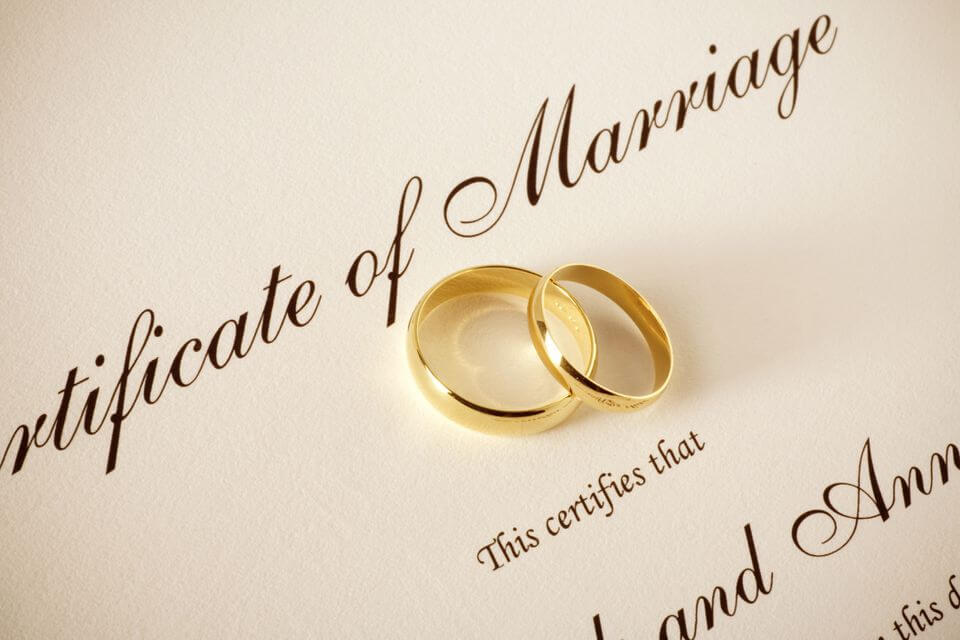Holders of the spouse visa category in the UK have indefinite leave to remain in the UK. However, in order for the application process to go smoothly, you should get prepared for it. This also means you should review some of the most common questions asked by former applicants. This is basically the purpose of this article – to help you get ready for the process so that you can significantly diminish the stress associated with it.
-
Where do I apply for the UK spouse visa?
If you are currently in the UK and you have been given leave for more than six months, then you have the possibility of filing an application for leave. In this way, you can remain in the UK as a spouse. People who are in the UK have a period of leave for six months. Nonetheless, you are required to leave the country if you want to apply for entry clearance.
When applying for a visa outside the UK, you should do that in your country of residence.
-
If we got married outside the UK, will our marriage be recognised?
Basically, if the wedding took place overseas, it will be recognised if:
- the marriage was acknowledged in the country in which it happened
- the marriage or civil service was conducted according to the laws and specifications of the country
- there is nothing that prevents the marriage from being recognised
Aside from this, former marriages or civil partnerships should have been broken down.
-
What is the processing time for the UK spouse visa?
It can be rather stressful to wait around for an answer. You have filed all the documents and now you wait. But how long do you have to wait really? According to the Home Office, applications made outside the UK are processed between three and six months from the application date.
Nonetheless, in special, individual scenarios, there is the possibility to request priority service, if the situation asks of it. Evidently, priority services come at an additional cost.
-
When can I apply to get a British passport?
When you receive the spouse visa, there is a time frame of two and a half years, as well as an additional three months, in case you’re also applying for Entry Clearance. Before the expiration of this leave, according to the law, you have to make an extension application.
Usually, the people who are in the UK under the spouse visa category have a five-year route to settlement. To that end, one is eligible for Indefinite Leave to Remain after two grants of 30 months.
Basically, after getting the Indefinite Leave to Remain in the UK, as a spouse of a British national, you may apply to become a British citizen yourself.
-
Can I apply after marriage?
According to immigration rules, an application can be filed even after the marriage. In addition to that, for people that are in a relationship akin to marriage for over 2 years, they might be able to qualify to apply as an unmarried partner.
-
Can I work in the UK on a spouse visa?
After your application for the spouse visa has been approved, you have a range of rights. Essentially, you are free to take a job or even establish a business. Concurrently, according to the law, you will receive medical care under the NHS.
-
If my partner changes his/her job after my arrival in the UK, how will this affect me?
In order to qualify for the visa, you must meet specific financial requirements. That is the case whether you apply to extend your stay as a spouse or whether you want to apply for indefinite leave to remain. In most cases, in order to address the income requirement, couples rely on the income of the British spouse. Essentially, it is unimportant if your circumstances have changed, as long as the financial requirements are met. This is especially important if you’re thinking of extending your application.
-
After getting my spouse visa, where can we live?
The law clearly states that the couple should have at their disposal adequate accommodation, without needing to resort to public funds. Aside from this, the couple should have enough income to cover the household costs in the case in which there are other family members that will be living in the same house.
Basically, the house shouldn’t be overcrowded. Aside from this, you should have permission to live in the property. And this should be granted by the person who owns it. Depending on your individual circumstances, you may or may not need to facilitate a certain amount of evidence.
-
If I have overstayed my visa, can I still work in the UK?
According to the law, you aren’t allowed to work in the UK if you are overstaying. This applies even if your application process is pending. What you need to do is wait until the Home Office processes your application and you can proceed from that point onward.
-
What happens if my application is refused?
The visa application process can be really stressful, and you might be anticipating the worst-case scenario – that of having your application refused. In this case, in most scenarios, you have the right to appeal. Essentially, a spouse application is seen as a human rights claim. Nonetheless, the process can be quite complicated if you want to appeal the refusal, and you should look for the assistance of a certified lawyer. Keep in mind that pursuing this path on your own isn’t possible.
The Bottom Line
Evidently, there are many other questions you might have on this topic, as it can be rather confusing. But if you are doing research prior to applying for the visa, you are on the right path. On a final note, make sure you get acquainted with the law specifications that apply in your case so that you know what to expect.
